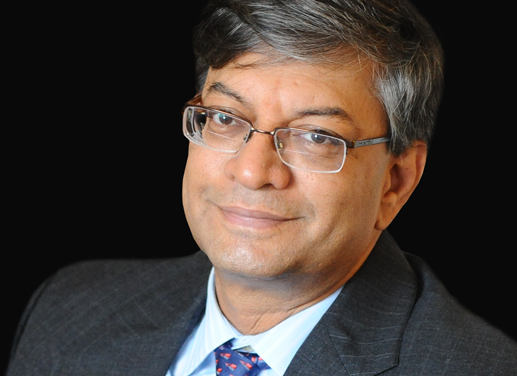
Extreme economic inequality is widely seen as a serious threat to the future of stable and vibrant capitalist democracies. Yet some inequality is inevitable, even desirable and necessary, for capitalist societies to work productively. But how much more? The debate is not so much about inequality per se as it is about fairness.
Venkat Venkatasubramanian is a complex-dynamical-systems theorist interested in developing mathematical models of their structure, function, and behavior from fundamental conceptual principles. In this Distinguished KAITEKI Lecture, Venkat argues that mainstream economics have offered little guidance on fairness and the ideal distribution of income in a free-market society.
His theory rests on two surprising conceptual insights. One is that the concept of entropy from statistical mechanics is the same as potential from game theory and that these represent fairness in economics and in political philosophy. The other insight is that, when you maximize fairness, all workers enjoy the same effective utility at equilibrium in an ideal free-market society, thereby providing the moral justification for free-market economy. In this lecture, Venkat will compare his theoretical predictions with the inequality data from different countries.
The Global KAITEKI Center is a University-Industry partnership between ASU and The KAITEKI Institute (of Mitsubishi Chemical Group Corporation).
Tuesday, March 29, 2022
10:30 - 11:30 a.m.
ISTB7, 777 E University Drive, Room 460